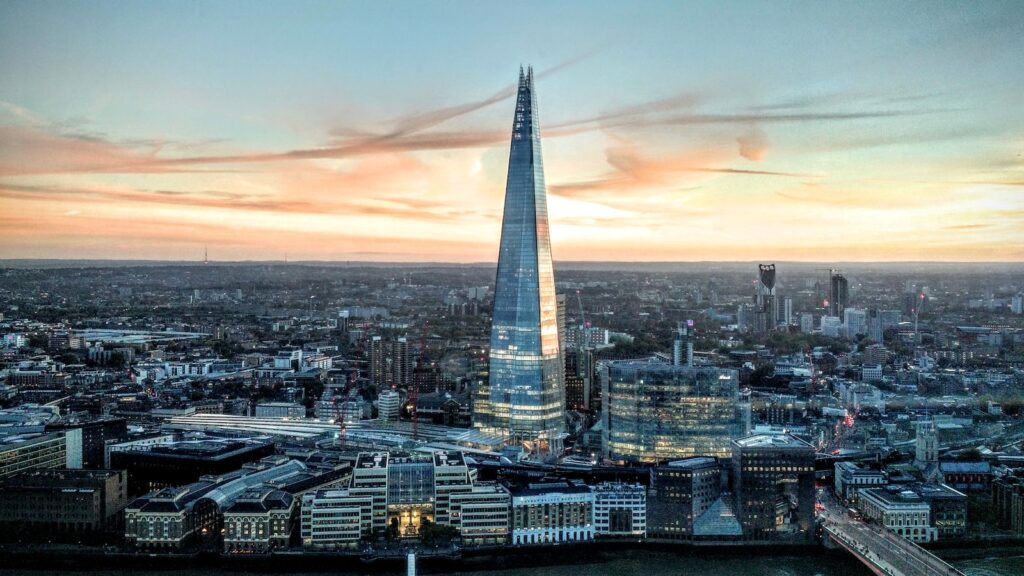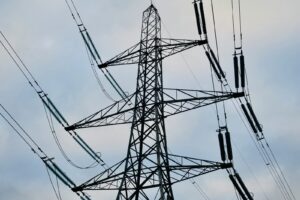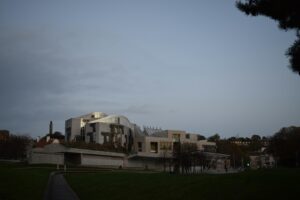Climate crisis is affecting London’s economy, Mayor says
London saw a significant drop in footfall during the record-breaking July heatwave, with Mayor Sadiq Khan warning the capital could suffer financially as the climate crisis worsens.
He revealed that on Monday July 18, when temperatures were reaching over 35°C, the number of daytime workers entering the centre of the capital decreased from the typical 518,000 to 385,640.
Visitors coming to central London also dropped from the usual 361,000 people to 275,000, the equivalent of 76% of June 2022 footfall.
These decreases are similar to the fall in workers and visitors when Covid restrictions were announced in December 2021.

Speaking at the Reuters IMPACT Conference, alongside business leaders and innovators, the London Mayor said: ‘On the 19th of July temperatures in our city soared to 40 degrees. For the first time ever, London overheated.
‘Vicious wildfires overwhelmed emergency services. Destroyed homes. And infrastructure was crippled by extreme heat.
‘We also saw a dramatic drop in footfall across central London to the detriment of our businesses.’
He added: ‘When we look back at this period of history no one will be able claim with any credibility that we were not given fair warning – that we could not see disaster bearing down on us.
‘That’s why, as Mayor I’ve refused to stand idly.’
Experts have warned that the climate crisis will cause widespread economic harm, with recent research by the University of Oxford finding a transition to clean energy would save the world at least $12 trillion.
Sadiq Khan has made green commitments throughout his mayorship, including investing in green skills, infrastructure and moving London’s net zero target ahead to 2030.
At the conference he called for further private sector investment to help London reach this goal, with around £75bn needed, emphasising how this could positively affect the city’s economic future.
He said: ‘I know you’re all dealing with inflationary pressures right now, but there are huge opportunities – and rewards – to be seized by accelerating our efforts to achieve Net Zero by 2030.
‘London’s ambition for a sustainable economy is within reach. And with your help, it can – and will – be achieved.
‘Delivering not just profits for our businesses, but security and prosperity for all.’
Photo by Fred Moon















